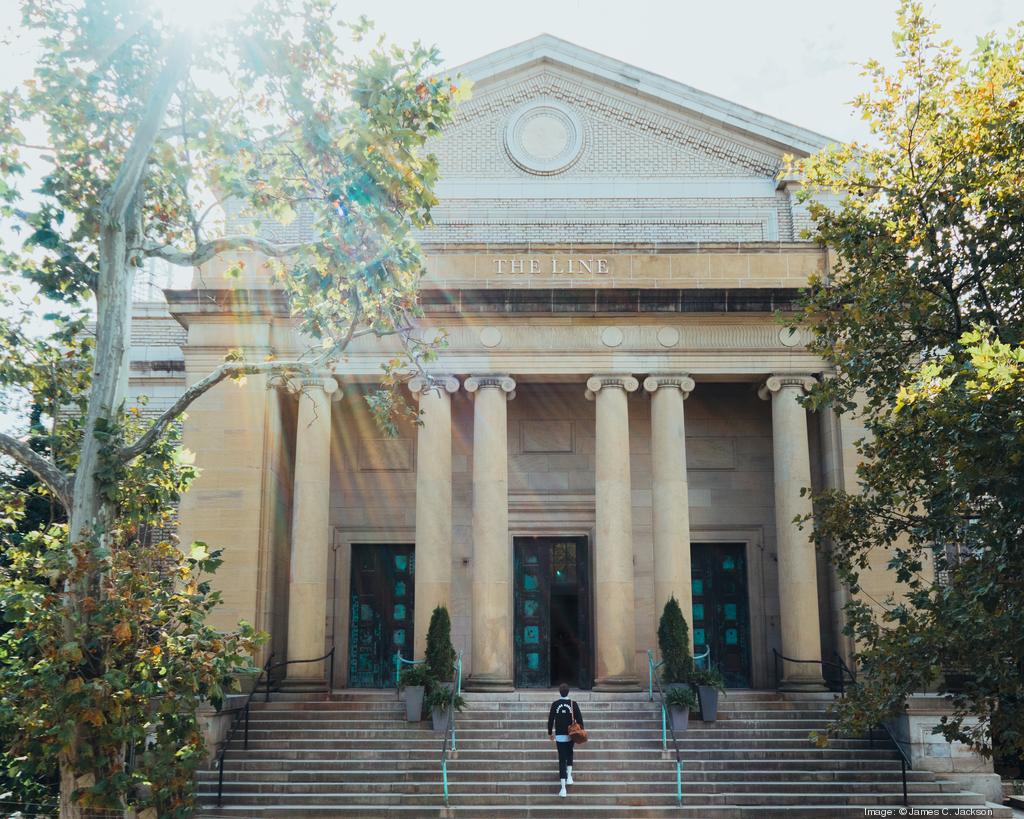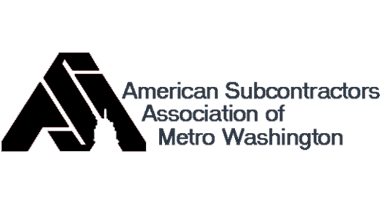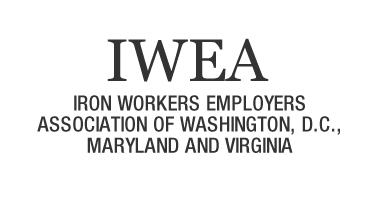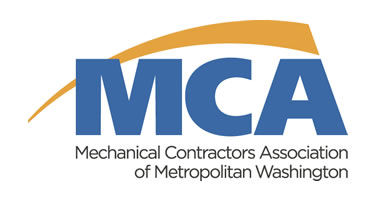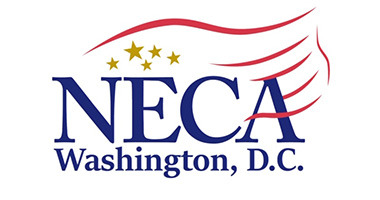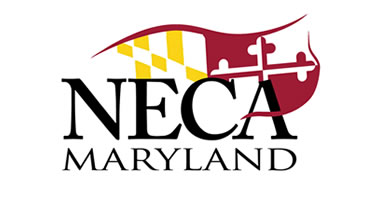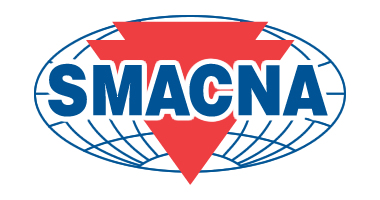Companies struggle to get paid for building first new D.C. homeless family shelter

An exterior view of the Kennedy, a new homeless shelter in Northwest Washington where officials celebrated a ribbon-cutting ceremony on Sept. 26, 2018. The companies that worked to build the shelter are now locked in a payment dispute. (Fenit Nirappil/The Washington Post)
D.C. Mayor Muriel E. Bowser (D) last fall proudly celebrated the opening of the first new homeless family shelter, part of a network of planned smaller facilities to replace the troubled D.C. General megashelter.
But almost a year later, a host of local companies that built the shelter in Northwest Washington known as the Kennedy have been struggling to get paid.
Businesses that furnished the 45-unit shelter, handled landscaping and built its heating and air conditioning system say the general contractor on the project has refused to fully compensate them.
The dispute escalated to a point in February when the D.C. government threatened to ban the developer, 5th Street Partners, and Moseley Construction, which oversaw the subcontractors, from receiving new city contracts.
At least 16 companies involved in the project started receiving checks late last week, after The Washington Post inquired about the situation, city officials said.
“We were not going to sit by idly and allow these people to not be paid,” said Keith Anderson, director of the D.C. Department of General Services, the agency overseeing the construction of new homeless shelters.

One of the family rooms available at a new homeless shelter in Ward 4, shown during a tour in September 2018. The company that furnished the shelter said it has struggled to get paid for its work for more than a year. (Fenit Nirappil/The Washington Post)
But his agency refused to detail whether the payments were partial or full and how many claims are still outstanding, saying those details are a matter between the construction company and its subcontractors.
Some of the businesses reached by The Post said their disputes have not been resolved and that the damage to their livelihoods cannot be undone.
[District ousts manager of Ward 7 homeless shelter months after opening]
Hugee Corporation, which installed the shelter’s heating and cooling systems, was able to secure $170,000 from the project’s bonding company, an entity that can resolve payment disputes, but is still fighting for another $80,000.
Perry Hugee, the company’s president, said any profit from working on the shelter would be wiped out by the costs of borrowing money and paying interest to suppliers while waiting for payment.
“How many minority contractors can stay alive after being owed all that money?” Hugee said. “I would have been better off telling them, ‘No thank you,’ and writing a check for $30,000 and giving it to the homeless shelter.”
On government construction projects, the city generally enters into a contract with a private business that submits the best proposal.
The city sets targets for contractors to subcontract a portion of the work such as electricity or roofing to local companies, with preferences for those owned by women or people of color. The city is not directly responsible for paying subcontractors.
The District awarded the contract to manage the $14 million Ward 4 homeless shelter project without competitive bidding to 5th Street Partners, which in turn hired Moseley Construction to oversee construction and enlist other subcontractors.
[Lead discovery raised alarms during demolition of D.C. General]












